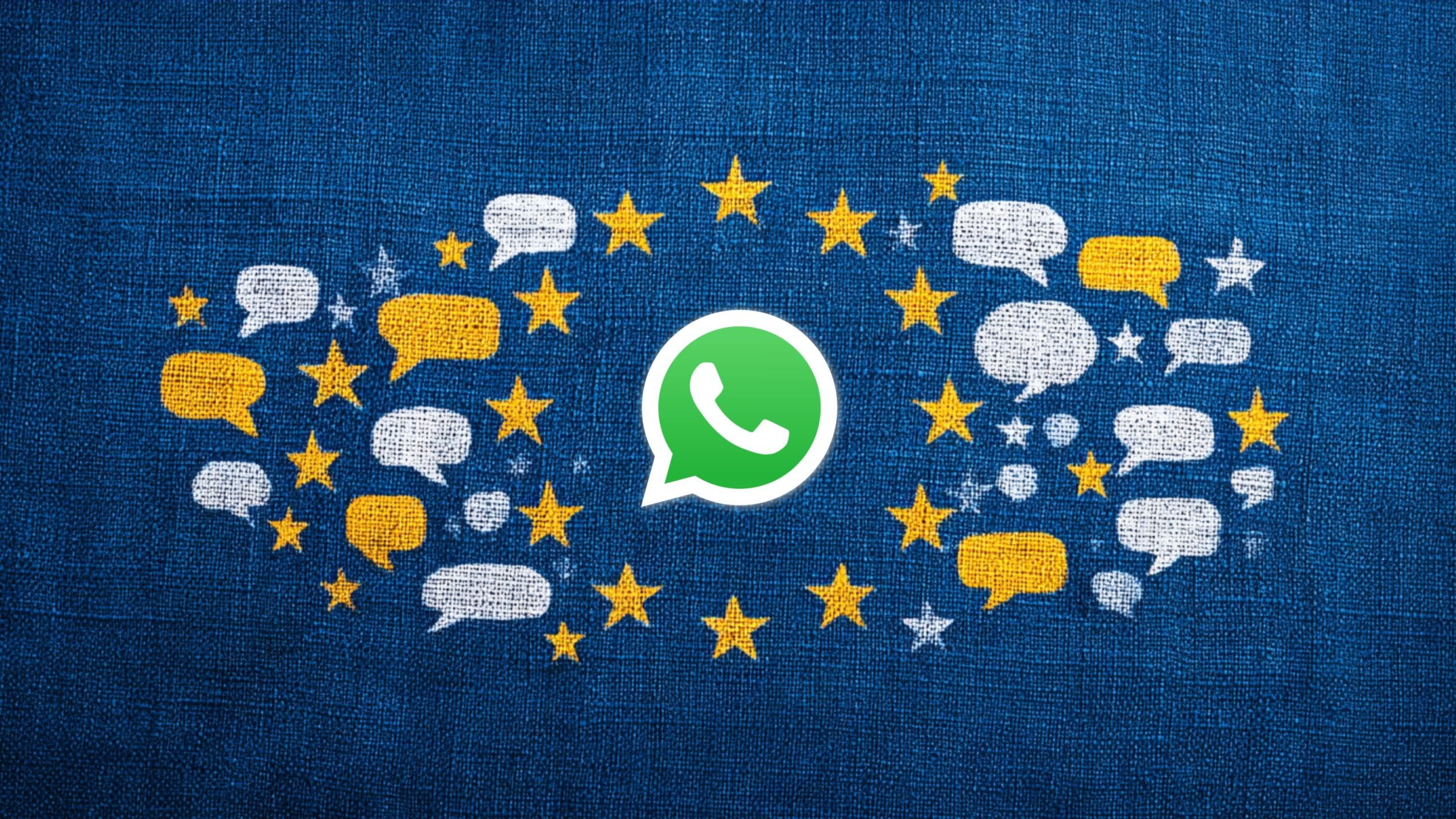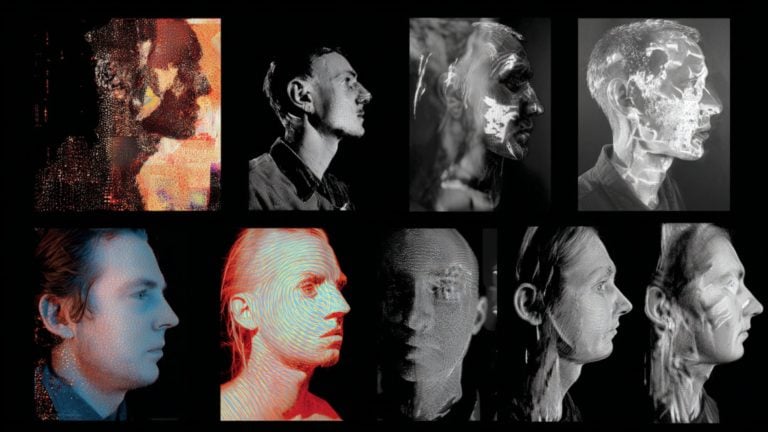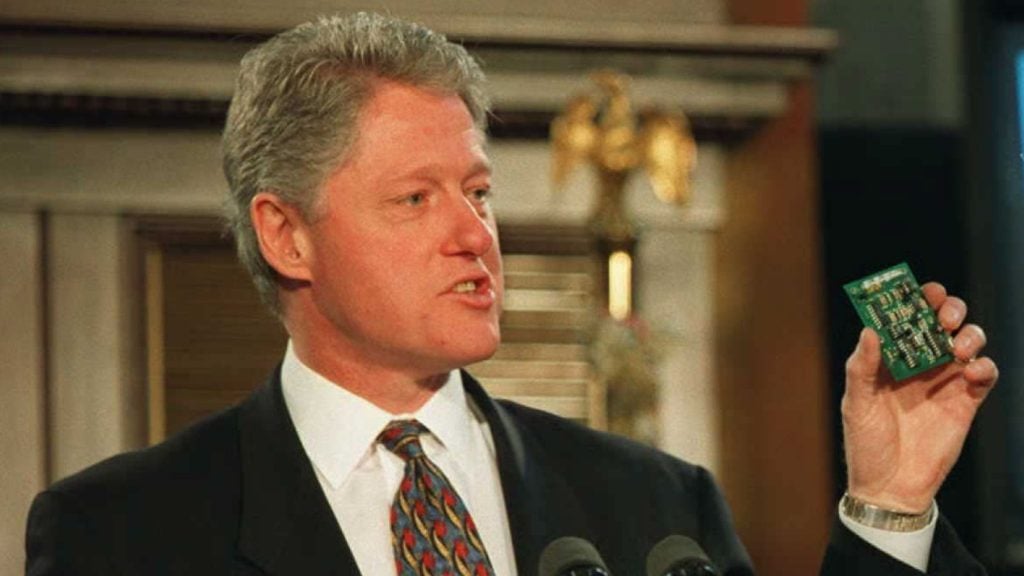Meta’s WhatsApp platform is set to come under tighter European oversight as regulators prepare to bring its “channels” feature under the European Union’s far-reaching censorship law, the Digital Services Act (DSA), the same framework that already pressures Facebook and Instagram.
According to Bloomberg, people familiar with the matter say the European Commission has informed Meta that WhatsApp’s channels are being prepared for designation as a “Very Large Online Platform.”
That classification carries extensive responsibilities for content censorship. Although no public date has been announced, the Commission’s notice indicates that WhatsApp will soon face some of the most demanding digital rules in the world.
Channels, which allow public updates from news outlets, public figures, and organizations, function more like social media feeds than private chats.
WhatsApp reported earlier this year that these channels reached around 46.8 million users in Europe by late 2024, slightly above the DSA’s 45 million-user threshold for stricter oversight.
Once a service crosses that line, it must perform regular assessments of how illegal or “harmful” content circulates and develop strategies to limit its spread. Platforms are also required to publish user figures twice a year and risk fines of up to 6 percent of global revenue for failing to comply.
The DSA does not apply to private, encrypted communication, so WhatsApp’s core messaging service will remain unaffected.
Still, the EU’s decision to expand its regulatory reach into new areas of online conversation has caused concern that these rules could burden companies and discourage open dialogue in the name of safety.
The European Commission has remained cautious about providing details, saying only that it “cannot confirm the timeline for a potential future designation.”
For Meta, the move adds another chapter to its ongoing disputes with European regulators.
Other American tech firms, including Amazon, have already pushed back against being labeled “very large,” arguing that the law unfairly groups diverse services under a single regulatory standard.
Tensions between Brussels and Washington could rise again. US President Donald Trump has previously accused the EU of targeting American technology companies through excessive regulation and warned that tariffs could follow if such actions continue.










